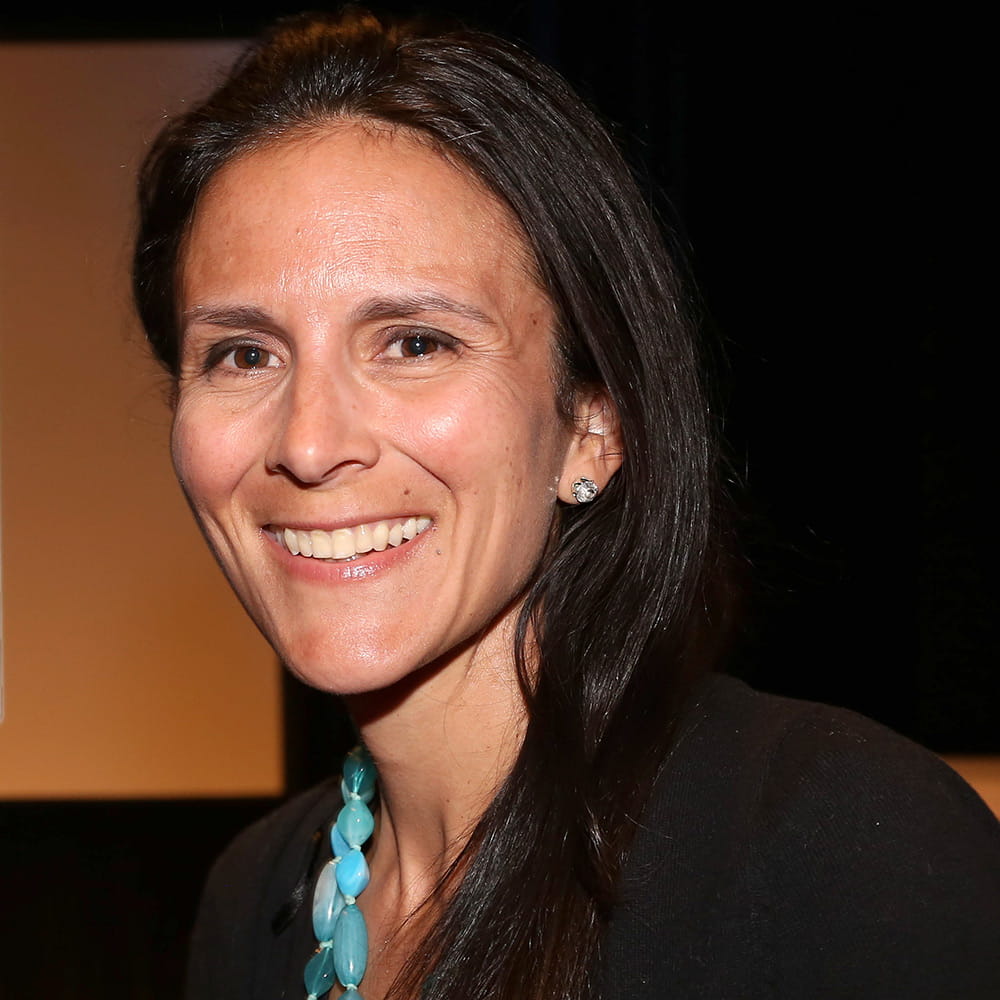Applications for our full-time undergraduate courses should be made through the Universities and Colleges Admissions Service (UCAS). Full details on how to apply can be found on the filling in your UCAS undergraduate application web page.
Our UK students, and some of our EU and international students, who are still at school or college, can apply through their school. Your school will be able to check and then submit your completed application to UCAS. Our other international applicants (EU or worldwide) or independent applicants in the UK can also apply online through UCAS Apply.
The UCAS code for our University of Essex is ESSEX E70. The individual campus codes for our Loughton and Southend Campuses are 'L' and 'S' respectively.
You can find further information on how to apply, including information on transferring from another university, applying if you are not currently at a school or college, and applying for readmission on our How to apply and entry requirements page.
Offer Holder Days
If you receive an undergraduate offer to study with us in October 2025 and live in the UK, you will receive an email invitation to book onto one of our Offer Holder Days. Our Colchester Campus Offer Holder Days run from February to May 2025 on various Wednesdays and Saturdays, and our Southend Campus events run in April and May. These events provide the opportunity to meet your department, tour our campus and accommodation, and chat to current students. To support your attendance, we are offering a travel bursary, allowing you to claim up to £150 as reimbursement for travel expenses. For further information about Offer Holder Days, including terms and conditions and eligibility criteria for our travel bursary, please visit our webpage.
If you are an overseas offer-holder, you will be invited to attend one of our virtual events. However, you are more than welcome to join us at one of our in-person Offer Holder Days if you are able to - we will let you know in your invite email how you can do this.












